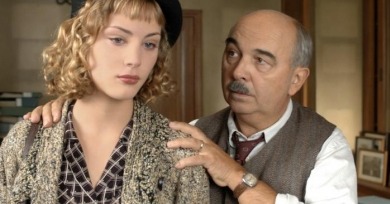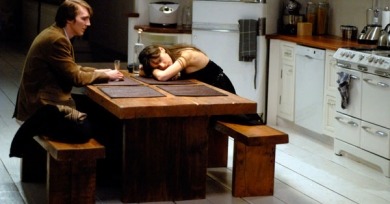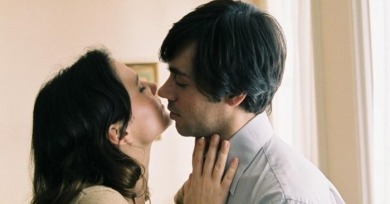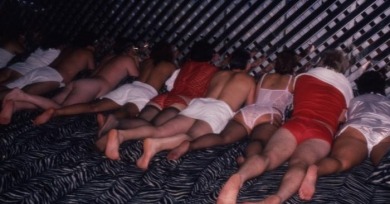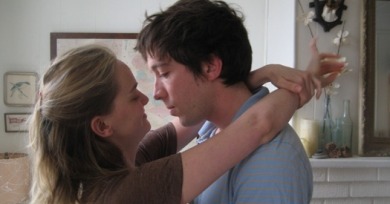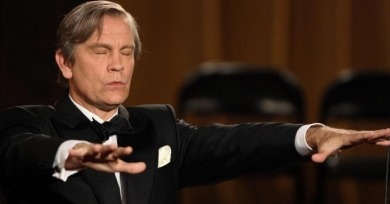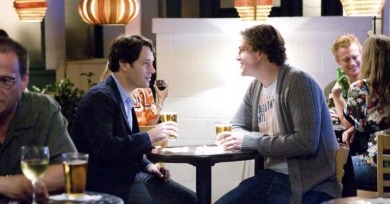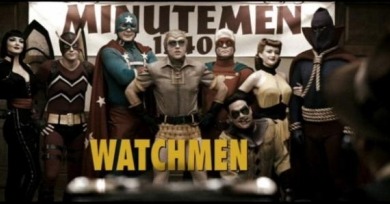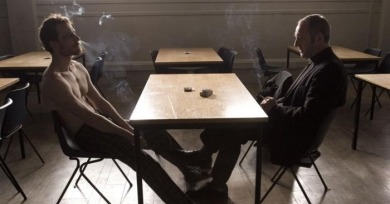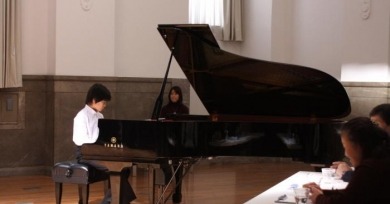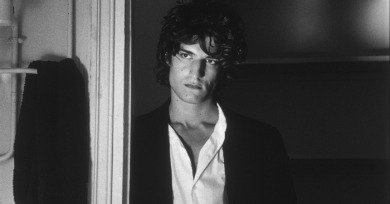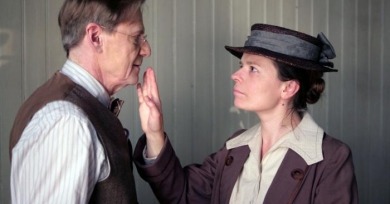Reviews
Two tired, and seemingly opposed, trademarks of recent American independent cinema make for a deadly combination in Matt Aselton’s Gigantic. It’s an arch, self-aware puppy-dog love story, shot through with an overly aestheticized, almost clinical detachment.
Mathew Kaufman and Jon Hart’s documentary about Plato’s Retreat, American Swing, runs up against an old conundrum: the juicier the story, the messier the film. The leap from printed word to moving image removes the anonymity factor.
Even if the general level of the production represents a leap, the whole is still marred by a disturbing undercurrent that’s made most of the postgraduate naturalists seem generally insignificant—there’s no danger here, little seems at stake, and there’s hardly a sense of how these lives are impacted by the world at large.
Being John Malkovich, it turns out, has its pros and cons. While most agree that Malkovich is a talented actor, few in Hollywood have really tested his range, preferring to use him as either terrifying or downright weird.
Resembling nothing so much as an unholy mindmeld between Judd Apatow and the New York Times’ Jennifer 8. Lee, I Love You, Man would be a disappointment but for the low standards that mainstream Hollywood comedy has beaten into us.
In a word: “sure.” Watchmen may be a failed adaptation of a difficult text, but it isn’t a debacle like 300. Its mixed critical and commercial reception means that, unlike The Dark Knight, it isn’t begging to be brought down a peg.
New in Town evinces no awareness of its potential relevance; the writers could have inserted a sports facility, hospital, college, or a desert island in place of the factory.
At the end of Sunshine Cleaning, after all of the brain and blood has been wiped up, the reasons for the heroines' neuroses elucidated, and their futures left open-ended, Norman Greenbaum's “Spirit in the Sky” takes us to the credits.
His depiction of the strike identifies with Loyalist and British views by strongly affecting viewers’ emotions without allowing for any political dialogue.
Lying closer to the surface of more generically situated works like Cure, Pulse, and Doppelganger, is the beating heart of a true melodramatist.
